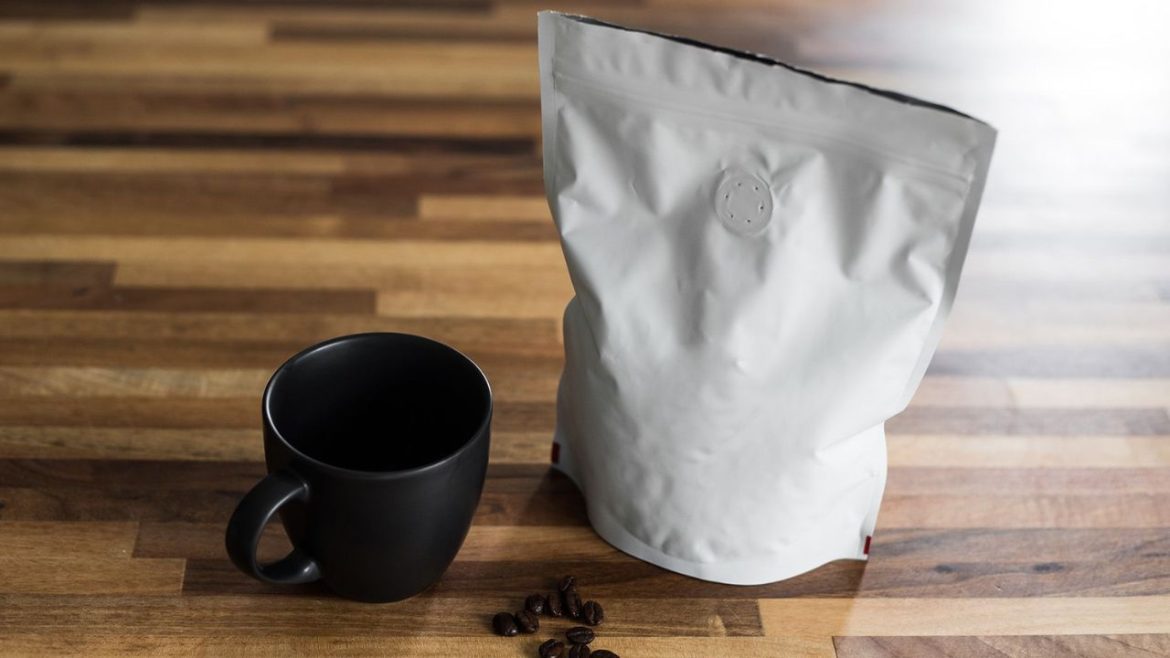Because the coffee industry is so competitive, the quality of products, the brand’s identity, and the consumer experience greatly depend on packaging. It’s not enough for coffee distributors to look for a supplier who is capable of making and delivering bags. They are forming a relationship that allows the brand to succeed in the future. Coffee distributors should look for suppliers whose coffee packaging pouches are strong, appealing, and sustainable, as these are the main priorities.
Freshness and Quality Are Maintained
Providing fresh coffee is very important for every coffee packaging supplier. The three basic elements of oxygen, moisture, and light come together to change the taste and smell of coffee beans quickly. A top supplier provides bags that are protected by many layers, foil, and valves that trap carbon dioxide and keep the oxygen out. All these elements help keep the quality of the coffee the same from the roastery to the end user. If the coffee is exported or kept for a while, distributors need to make sure the supplier uses materials that have been tested for durability and protection.
Ability to Personalize and Brand
Working with a range of brands or private label coffee, distributors find it much easier to offer customized packaging. An excellent packaging supplier will offer all kinds of customization services, including choosing the right bag size, structure, design, and finishing. You should have the option to include zippers, tear notches, and holes for hanging on stand-up pouches, flat bottom bags, and side-gusseted styles. Printing should be done with high-quality equipment as well. Good-quality graphics, colorful design, and the option of matte or gloss laminates help improve the look of the product and its branding. Getting digital proofs and sample runs from a supplier can give you greater confidence that the final product will be as expected.
Sustainable Materials
Because more people want to use sustainable packaging, distributors should choose suppliers who focus on eco-friendly products. Some of the top packaging manufacturers now produce recyclable single-material bags, biodegradable films, and kraft paper pouches. These options help the environment and also attract people who care about the environment. A modern supplier should be familiar with global standards for sustainability and certifications and help find the best solutions that do not impact functionality or shelf life. Choosing eco-friendly packaging allows coffee distributors to be ready for any new rules about packaging waste.
Production Flexibility and Lead Times
Distributors of coffee must stick to strict routines, mainly when supplying seasonal products or running promotional campaigns. A packaging supplier should be able to deliver orders on time without affecting the quality. No matter if the distributor wants a few bottles or a big order, the supplier needs to be able to handle different production levels. Being able to receive orders fast and in any quantity is useful for distributors trying to react to changes in the market. It is also helpful when the supplier handles both production and quality control, making all their orders consistent and done efficiently.
Regulatory Compliance and Food Safety Standards
Because coffee is eaten or drunk, all packaging for it must meet global food safety standards. The supplier ought to have certificates showing their materials are approved for direct contact with food. Companies need to meet regulations from the FDA, the EU, or other local agencies. Distributors of coffee should always check that the supplier’s manufacturing facilities are regularly inspected and follow Good Manufacturing Practices (GMP). They help lower the danger of contamination or problems with the law, mostly for distributors who operate in various markets.
Customer Care and Technical Help
How much support the packaging supplier can provide can really affect the distributor’s daily operations. If a supplier gives advice on the materials used, updates on order progress, and helps out with issues, it shows a desire to maintain a long-term partnership. Since profit margins are often small and stability is key, the ability to work with a ready and informed support group is very useful. Coffee distributors should value suppliers who get to know their business and provide tailored help instead of a general solution for all.
Conclusion
A distributor’s choice of coffee packaging supplier can shape the brand, product quality, sustainability efforts, and logistics for the entire company. Focusing on freshness, personalization, using eco-friendly materials, being flexible, following rules, and offering support allows coffee distributors to use their packaging partners as an asset, not a problem. With the coffee industry always changing, choosing a reliable and innovative packaging supplier is necessary.

